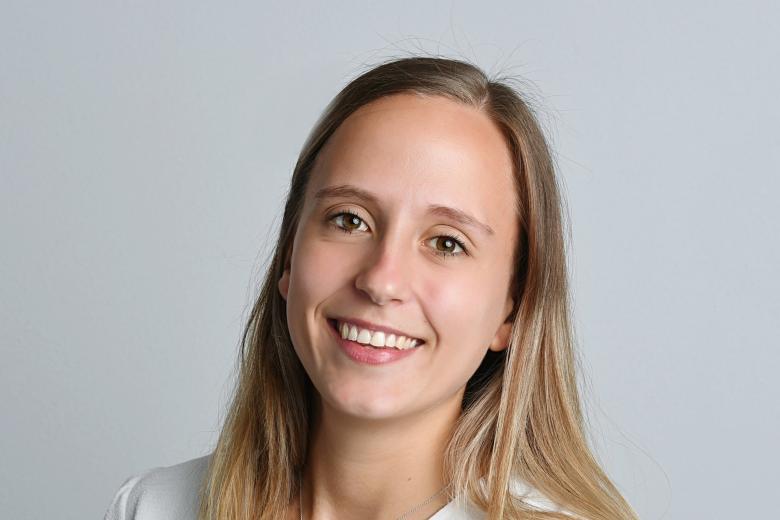Are all medical innovations improvements?
Why invest in innovative medical techniques if we don't know whether they are better than existing techniques? Payam Abrishami, a researcher affiliated with Maastricht University, explored this issue in detail. On Friday 2 February he defended his dissertation titled 'Public value of medical innovations – a quest for all and for all seasons'.
The expensive surgical robot is an example: whereas a decade ago, uncertainties were the result of a lack of evidence, these days uncertainties exist due to controversies surrounding the available evidence. Abrishami's conclusion is that we have to look beyond the cost of and medical necessity for new techniques and engage with more stakeholders in order to make a sound assessment of medical innovations.
Da Vinci robot
Abrishami used the Da Vinci robot as an example. This remote-controlled robotic surgical system helps surgeons perform complex operations from a console. While many Dutch hospitals have such a system, its use remains somewhat controversial: the cost of buying and using the system is relatively high and the added value is not clear to everyone. Prostate surgery, for instance, can still be performed effectively without the use of a robot.
Public value
Abrishami's new research reveals that medical innovations also have a public value. In order to understand the overall value, it's important to take into account social aspects such as progress and accuracy, alongside societal consequences of applying new technologies. Abrishama is somewhat surpised: “Many stakeholders, also the ones who recently acquired a surgical robot, admit that there are allready many of those robots in the Netherlands. The question is wheter patients indeed get well again by these techniques, but also whether healthcare in general benefits from medical innovations.
Joint debate
How can we know this? Abrishami is calling for a joint debate with all involved stakeholders, including designers, financiers, patients, policy-makers and users. 'This will help us understand the collective opinion about innovation and what we can achieve with our limited means. It is all about a shared vision on careful application of new technologies.
Also read
-
Why some people hesitate to vaccinate and how healthcare can address this
Doubts about vaccination continue to be a significant challenge for global public health. The World Health Organisation (WHO) has listed vaccine hesitancy as one of the top ten threats to global health.
But what exactly is vaccine hesitancy and how does it impact our society? How can we address it...

-
New technique measures live activity of gut bacteria
Professor Ellen Blaak, PhD Gilian Larik and research team are tracking in MRUM fermentation chambers, how gut bacteria respond to food.

-
GROW research: all-in-one test for genetic defects in embryos🧪
Researchers at Maastricht UMC+ and GROW have developed a technique that can analyse the entire genome in a single test, allowing for faster determination of embryos suitable for successful pregnancy.
